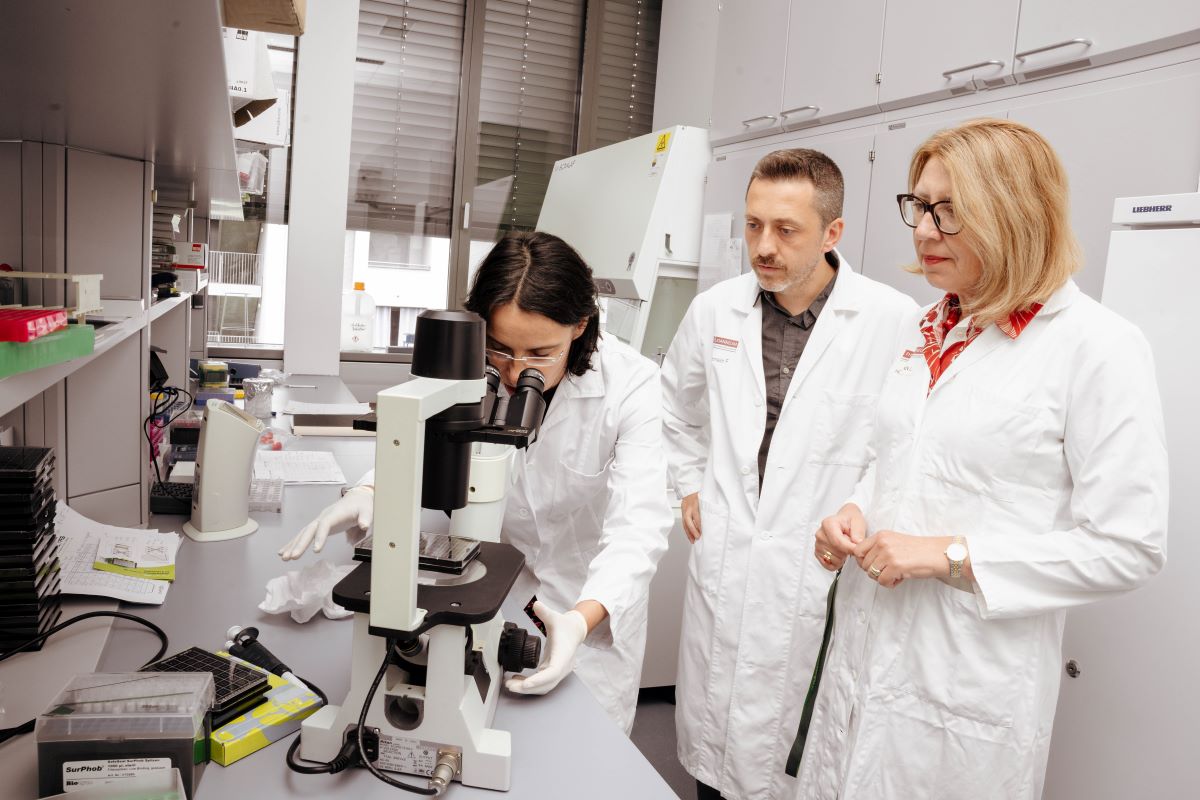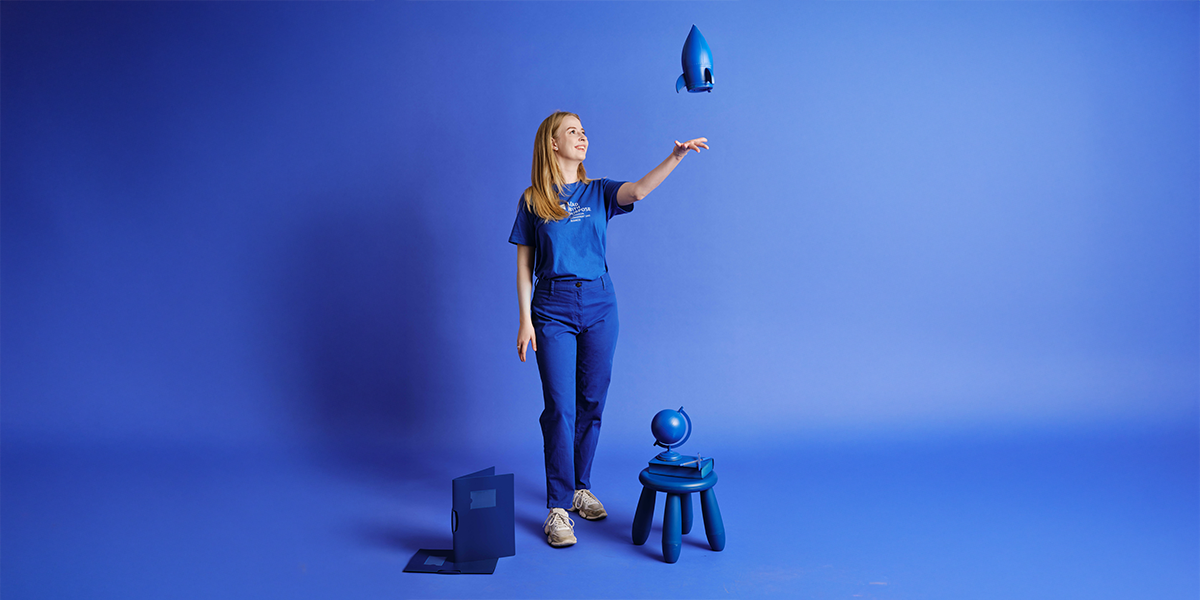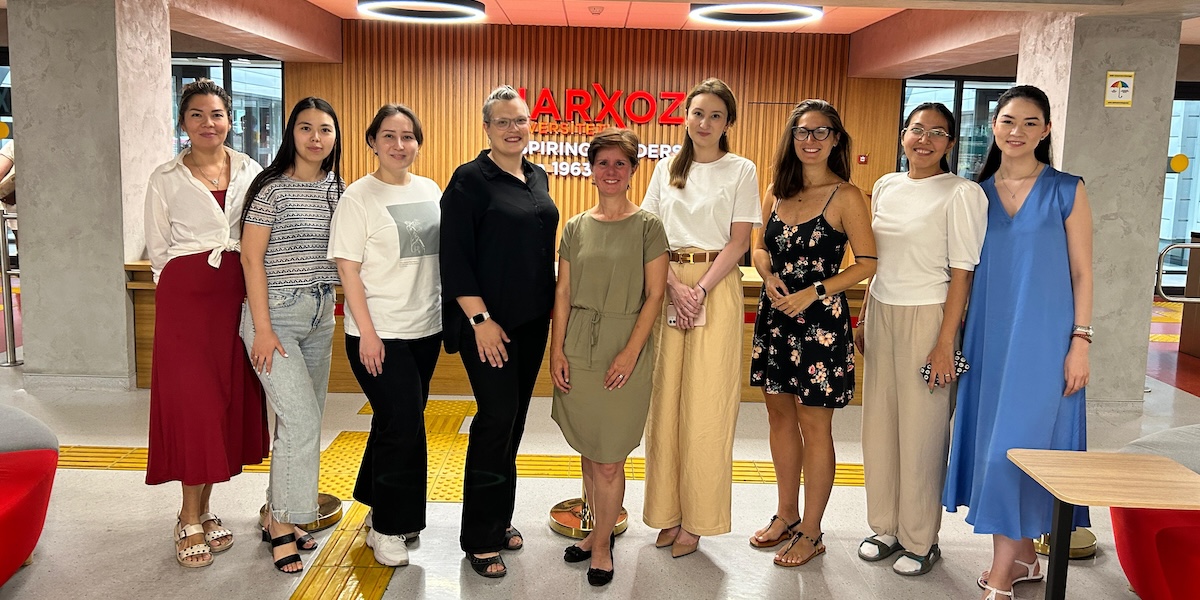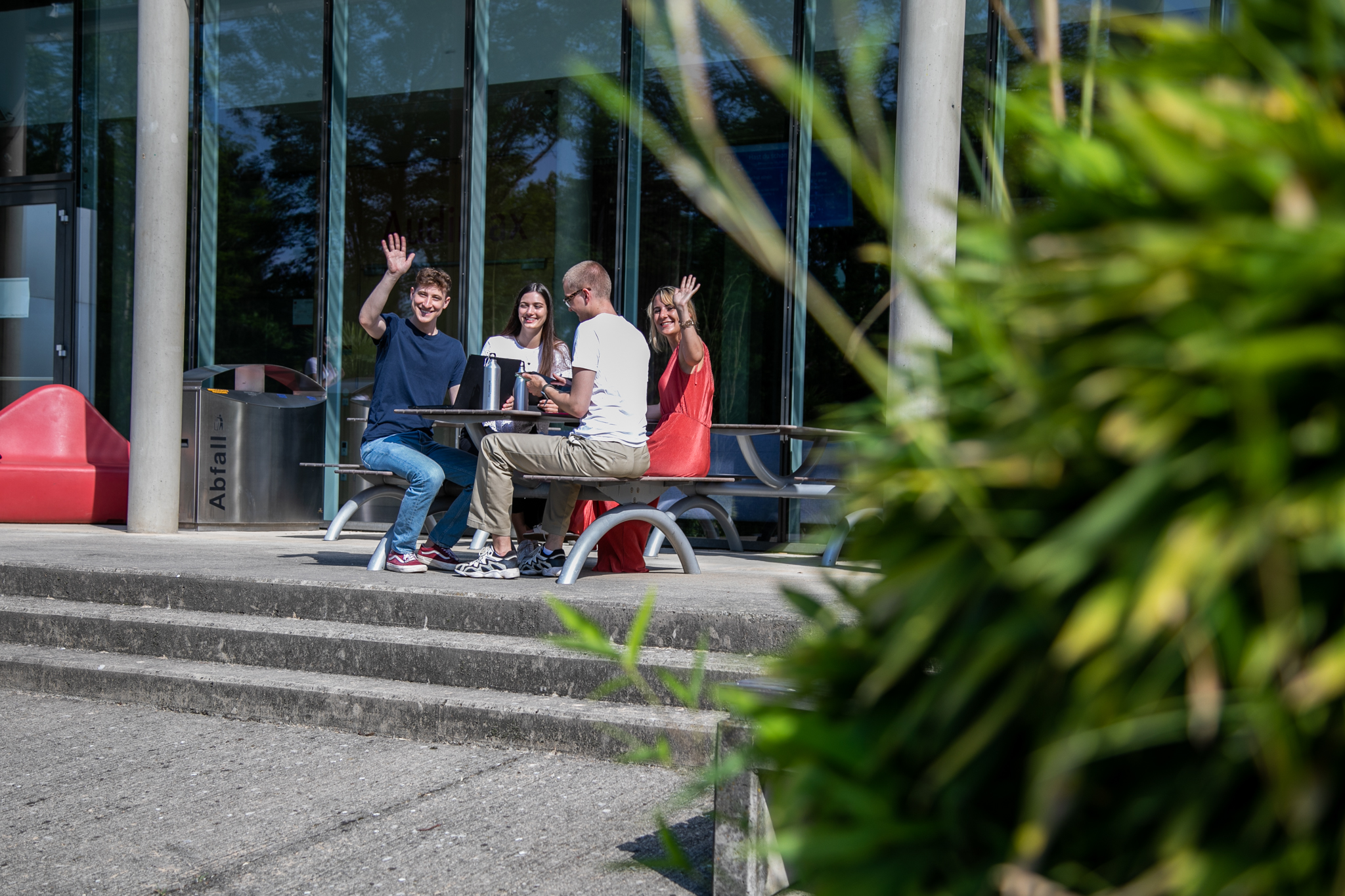Growing up in Chile, Francisco Westermeier, a lecturer and researcher at the Institute of Biomedical Analytics, knew early on what he wanted to do: “I knew at school that I wanted to go into research one day. He wants to make a contribution, find meaning in his work and make the world a better place.
After a few stops along the way, he landed in Graz, Austria, at the Medical University to join a research project focused on his specialty at the time – gestational diabetes. “The research group in Graz renowned worldwide. I wanted to be part of it.”
His personal life eventually led him to move to Graz, where he became a full-time father: “I don’t want to miss this time with my daughter. But after this year at home, I was still happy to have the opportunity to work at FH JOANNEUM.
Endless drive for discovery
It was at this university that the idea for Francisco Westermeier’s current research focus was born: “During a coffee chat in the kitchen with my former colleague Jennifer Blauensteiner, we came up with the idea to explore Chronic Fatigue Syndrome (CFS) in more detail. Together with Monika Riederer, we started the project, and their dedication and support were crucial.” – In 2021, long before this disease became known worldwide due to the pandemic and its consequences – primarily Long Covid.
“The disease is devastating to the sufferer and those around them. They survive, but they lack the energy to really live. One out of four patients can’t get out of bed. Francisco Westermeier is touched by this fate. He wants to be part of the solution, to contribute with his research so that the big puzzle of Chronic Fatigue Syndrome (CFS) has one more piece to make a big whole and to be understood. So that amelioration, therapy and healing are possible in a timely manner.
It is also important to Francisco Westermeier that his work is understood not only by his colleagues, but also by patients and their families. In many areas of science, the current language is so complex that people outside the field do not understand what is going on. He has gotten out of the habit of using that language.
In a world without finite resources…
…Francisco Westermeier would stay true to his research focus. “If money were no object and we had unlimited personnel, infrastructure and technology, I would study post-exertional malaise (PEM) even more closely. In other words, the worsening of CFS symptoms after even minor physical, mental or emotional exertion or sensory overload (e.g., from light or noise). This requires a special environment and monitoring, for which there is currently no funding.
And what would be a project close to his heart that he would like to tackle outside of CFS? Francisco Westermeier also answers this last question with a lot of heart: “I would like to research a disease that affects an important person in my life.











